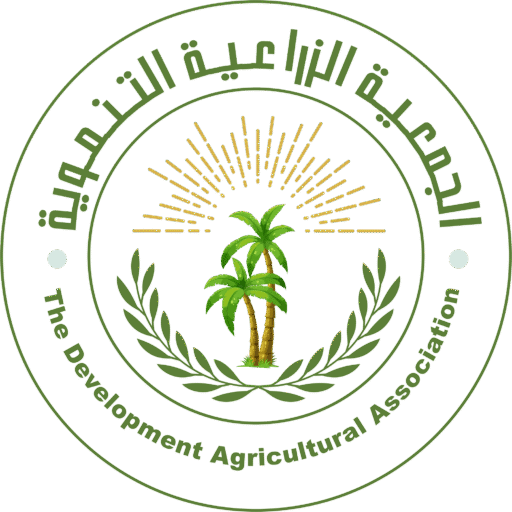The Impact of the War on Agriculture in Gaza After October 7, 2023

A Documented Analytical Article
Since the outbreak of war on October 7, 2023, the agricultural sector in Gaza has faced unprecedented destruction. Thousands of hectares of farmland have been damaged, agricultural infrastructure has been demolished, livestock have died, and food supply chains have been disrupted — resulting in a compounded humanitarian and food security crisis.
1. Extensive Destruction of Farmland and Facilities
According to reports by the Food and Agriculture Organization (FAO) and the World Food Programme (WFP), over 60,000 dunums (15,000 acres) of agricultural land have been directly affected by bombardment or rendered inaccessible. This includes greenhouses, irrigation wells, poultry farms, and dairy operations — leading to a significant decline in local production.
2. A Worsening Food Security Crisis
As per a joint FAO-WFP assessment in January 2024, over 80% of Gaza’s population is now food insecure. The blockade and conflict have disrupted supply chains, cutting off access to seeds, fertilizers, animal feed, and other inputs — leading to sharp declines in vegetable, grain, and meat production.
3. Collapse of the Livestock Sector
Tens of thousands of poultry and livestock animals have died due to bombing, starvation, or lack of water and care. Farmers are often unable to access their farms due to safety concerns, further accelerating the collapse of animal production and reducing access to vital protein sources.
4. Water Infrastructure and Irrigation Systems Destroyed
More than 50% of Gaza’s agricultural wells and irrigation networks are out of service, according to the Palestinian Water Authority. This has led to widespread drying of farmland and soil degradation, exacerbating food shortages and long-term agricultural viability.
5. Environmental and Economic Impact
The environmental impact — including soil contamination, chemical residues from munitions, and decomposing animal waste — poses long-term threats to public health and food systems. The economic losses to the agricultural sector are estimated in the hundreds of millions of dollars, according to the Palestinian Ministry of Agriculture.
Conclusion
The destruction of Gaza’s agricultural sector is not just an economic loss — it’s a humanitarian emergency. Immediate international support is urgently needed to rehabilitate farmland, restore food production, and provide farmers with the resources they need to survive and rebuild.
#GazaAgriculture #AgriculturalCrisis #FoodSecurity #HumanitarianEmergency #RebuildGaza #SupportFarmers #GazaWarImpact #SustainableRecovery #AgriculturalDestruction #FAO #WFP #GazaCrisis #FoodSystems
